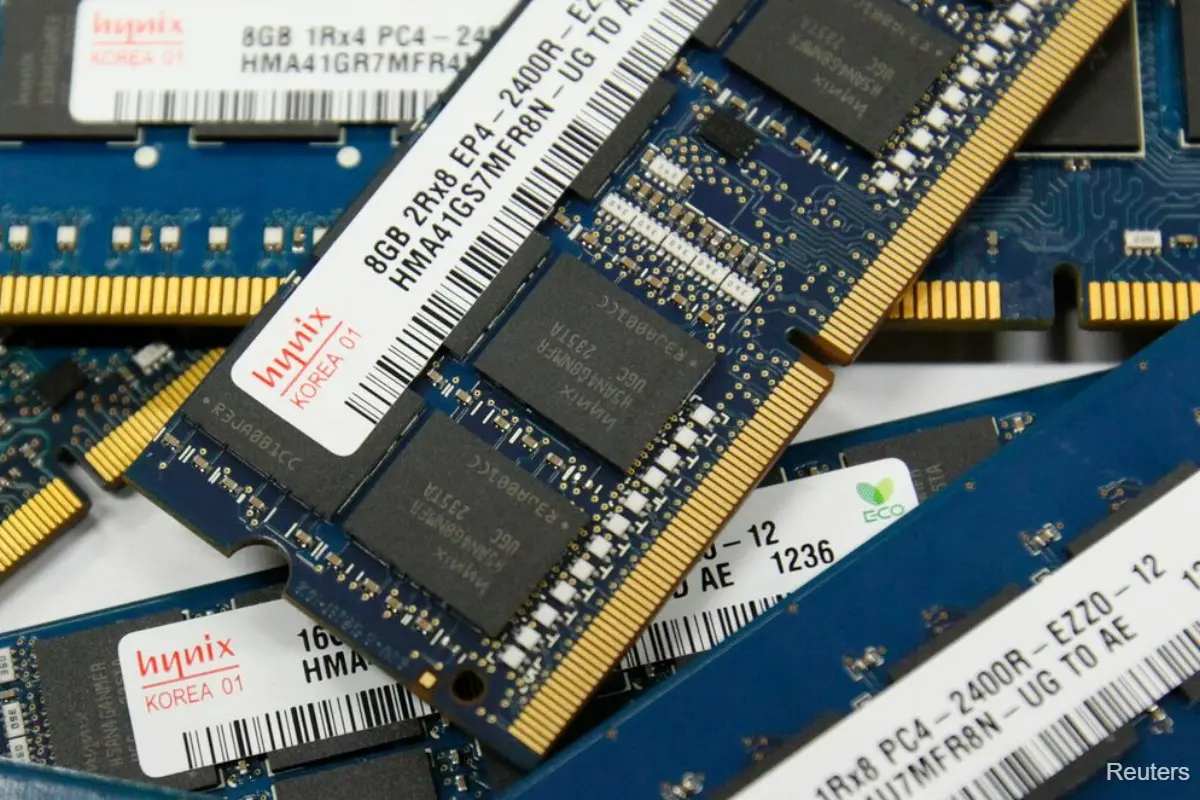August 7, 2025
South Korea has announced that its two largest semiconductor firms, Samsung Electronics and SK Hynix, will be exempt from the sweeping 100% tariffs on imported chips recently proposed by the United States. The exemption marks a significant diplomatic win for Seoul amid growing global trade tensions surrounding advanced technology.
The announcement was made by South Korea’s top trade negotiator, who stated that the country had secured preferential treatment under the new U.S. tariff regime. He emphasized that the exemption underscores the strength of the economic partnership between South Korea and the United States and the critical role Korean chipmakers play in global supply chains.
U.S. Tariff Policy Targets Overseas Chipmakers
The new U.S. tariff plan, championed by former President Donald Trump as part of his broader effort to “bring manufacturing home,” targets foreign semiconductor manufacturers that do not have production facilities or concrete investment plans within U.S. borders. The 100% levy is intended to pressure global tech firms to establish domestic operations to support national security and economic independence.
Samsung’s existing chip manufacturing plants in Austin and Taylor, Texas, positioned the company well for exemption. SK Hynix, which has committed to building a semiconductor packaging and artificial intelligence facility in Indiana, also met the requirements set by U.S. authorities, though some analysts are still awaiting clarity on the project’s full compliance.
Market Reaction
The stock market responded positively to the news. Samsung shares rose by more than 2%, while SK Hynix saw a smaller but steady rebound after early morning losses triggered by initial uncertainty over tariff exposure. Investors welcomed the exemption as a sign of policy stability and reaffirmation of the companies’ long-term U.S. strategies.
Broader Implications
The exemption not only provides relief to Samsung and SK Hynix, but also sends a message to other global semiconductor firms weighing the risks of operating outside the United States. Washington’s move has already prompted companies in Taiwan, Japan, and Europe to reevaluate their investment footprints.
In South Korea, the government hailed the decision as a win for both diplomacy and industry, stressing the importance of maintaining strong economic and strategic ties with the U.S. while defending the competitiveness of Korean tech giants in an increasingly protectionist global environment.
As the chip war escalates, Samsung and SK Hynix’s exemptions serve as a rare point of stability in a turbulent international trade landscape—one where geopolitical strategy, national security, and technological leadership are becoming increasingly inseparable.
















Leave a Reply